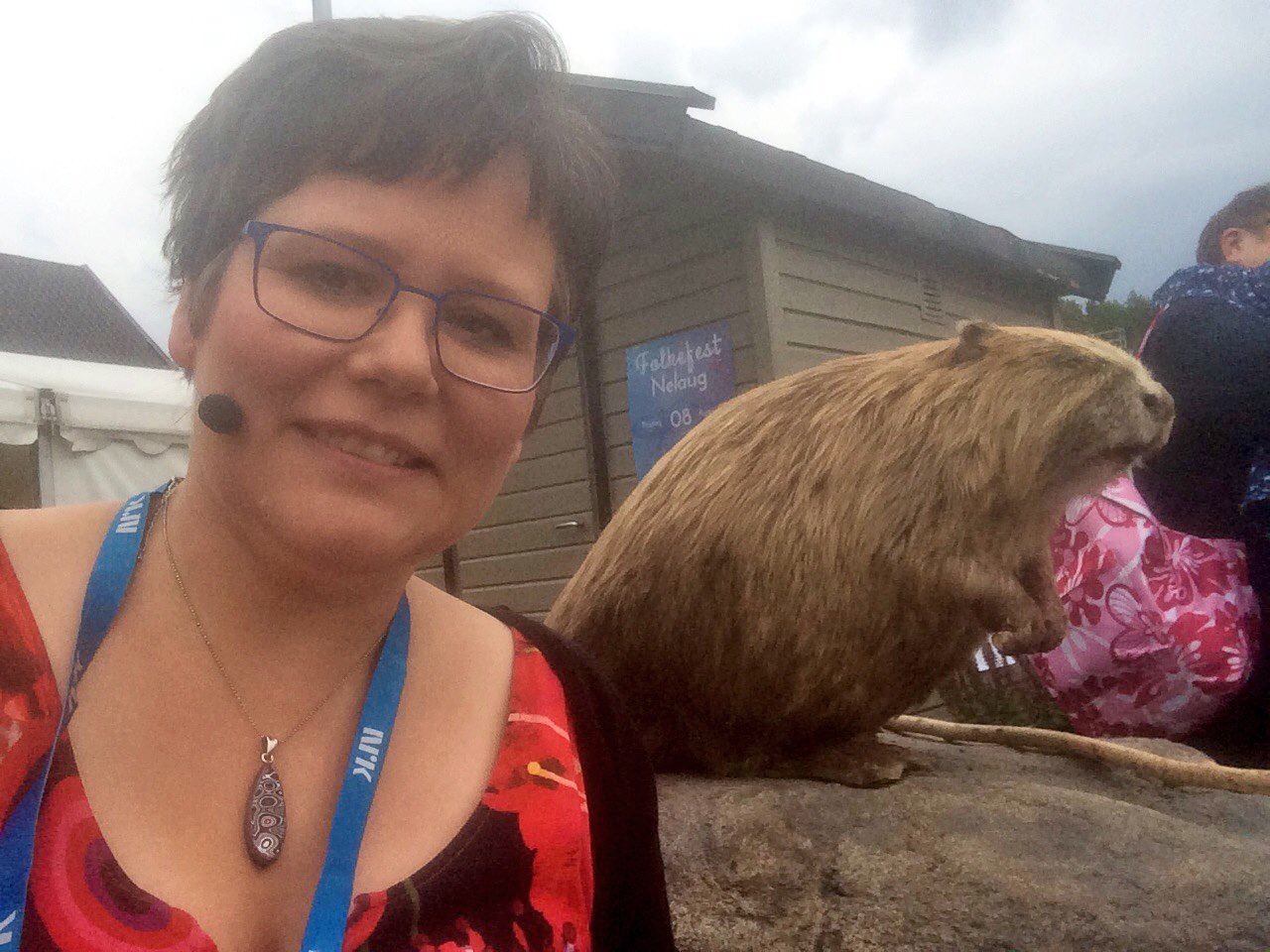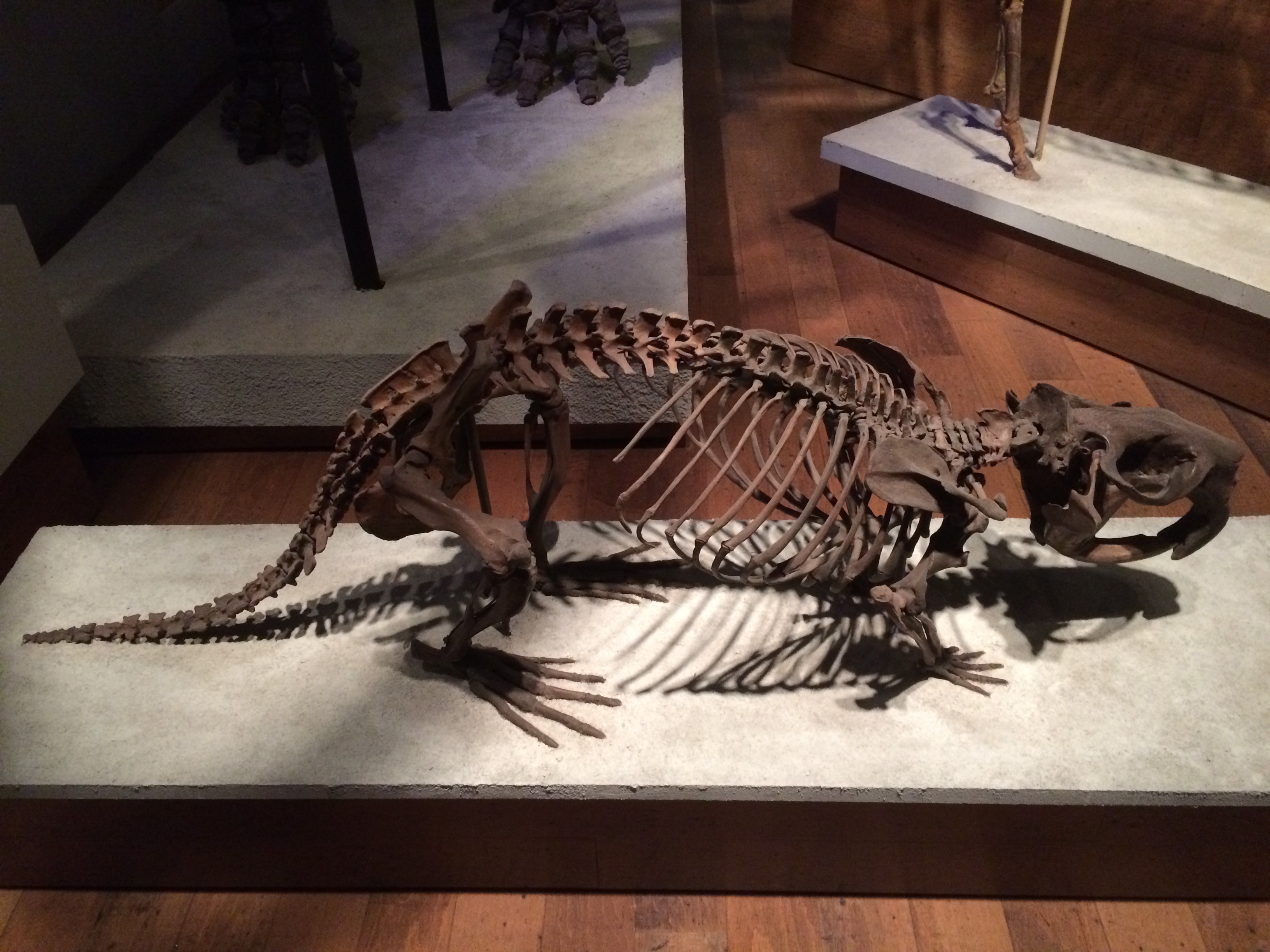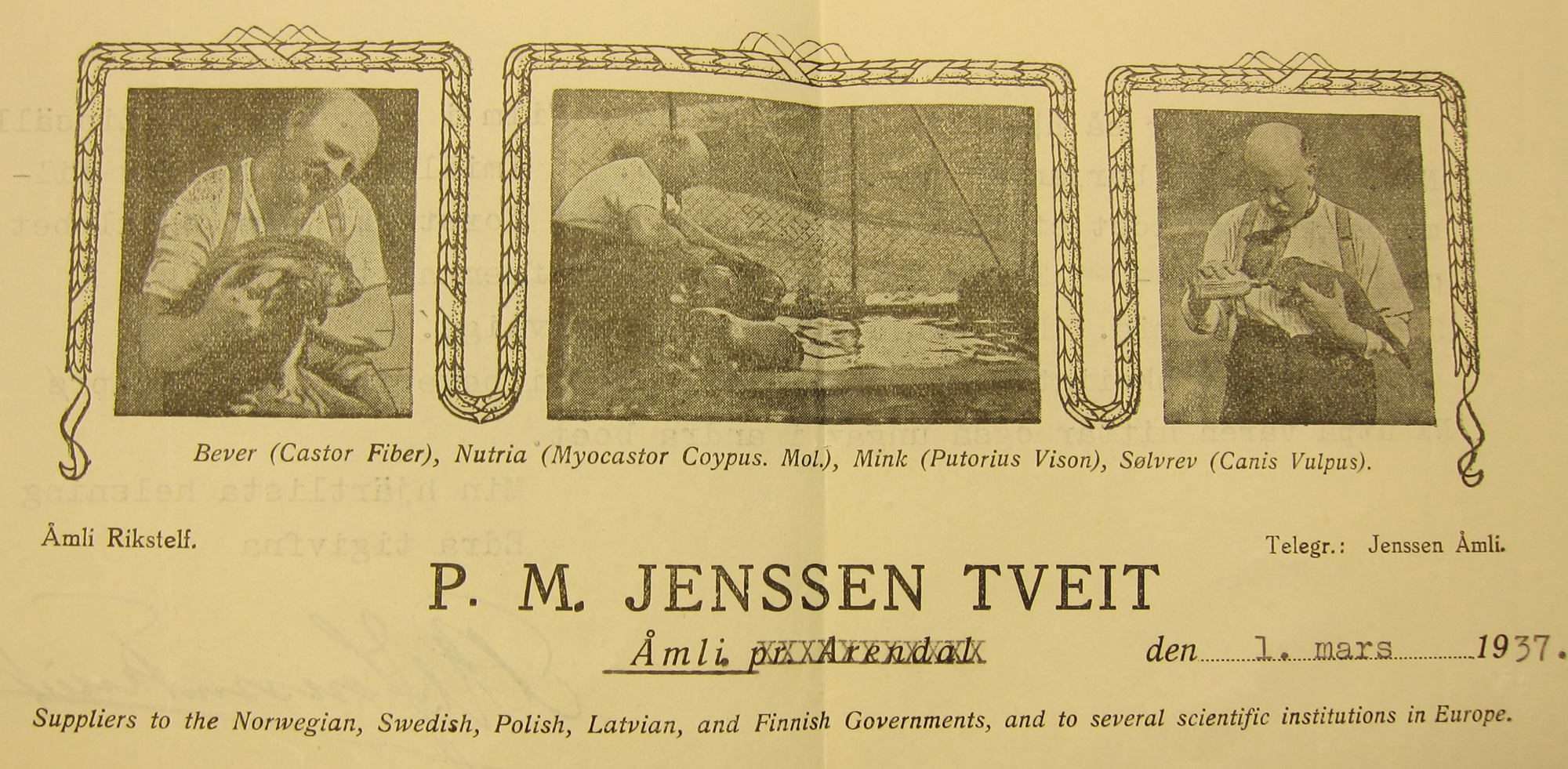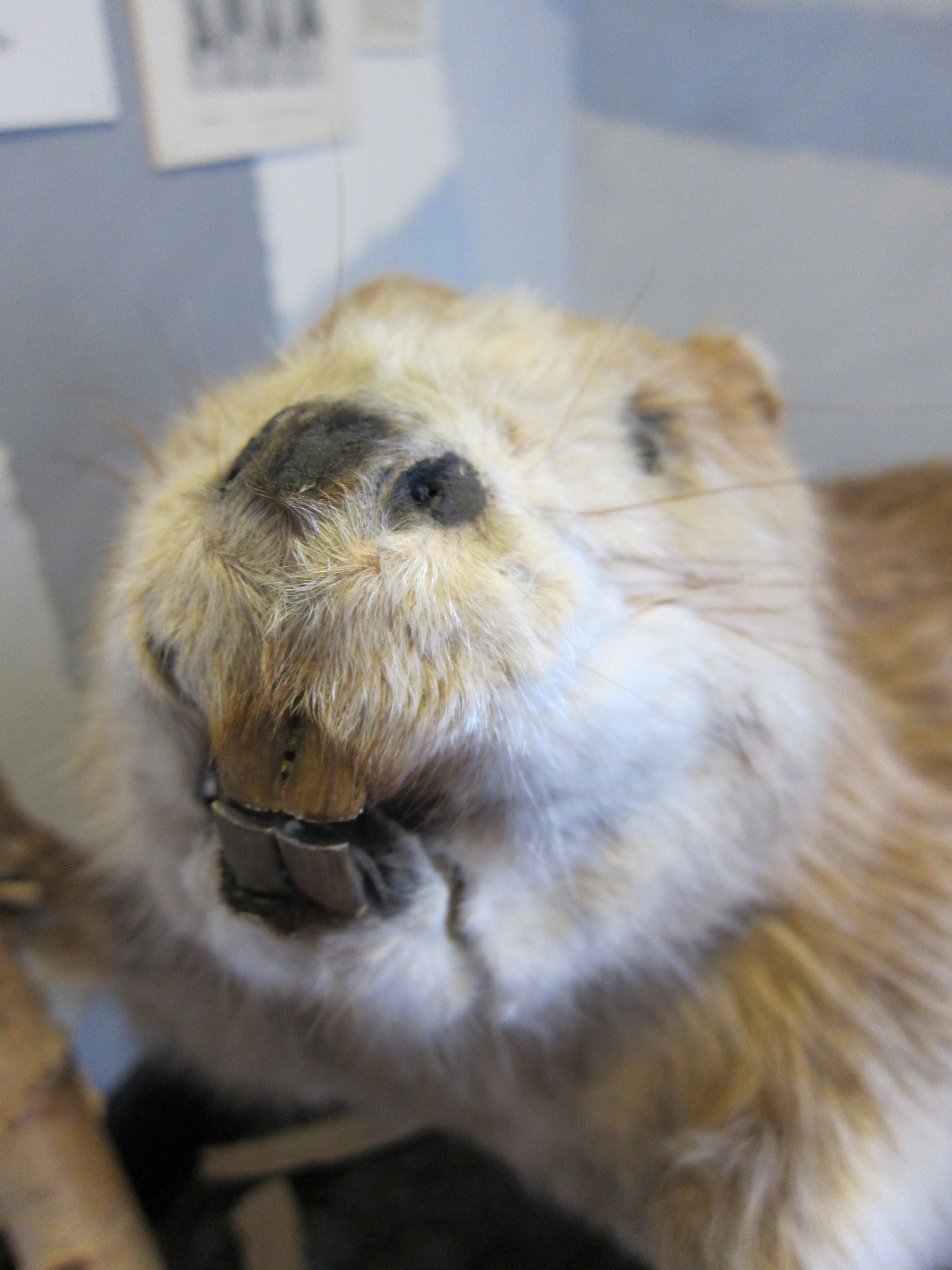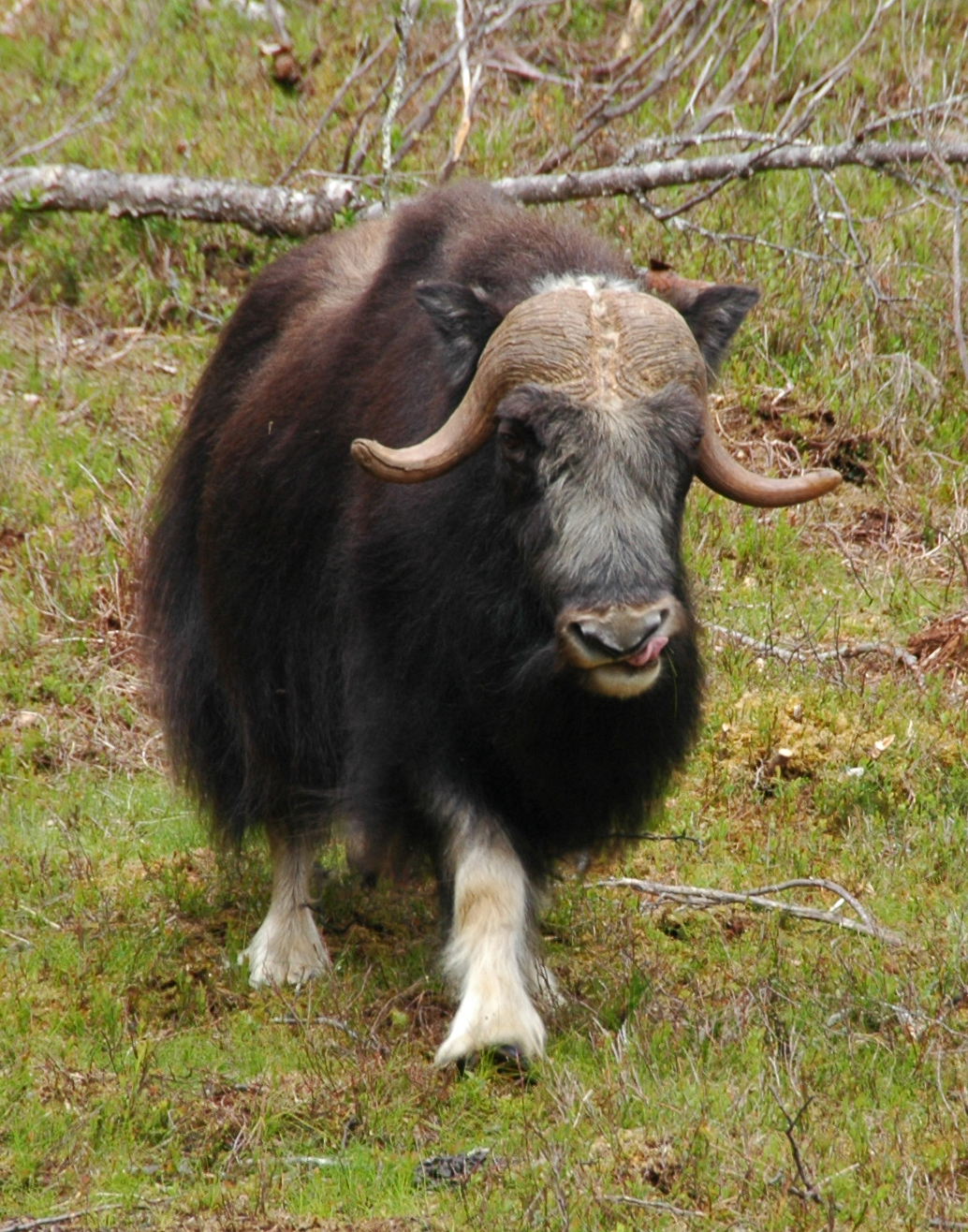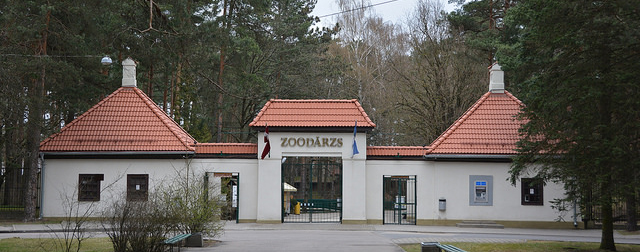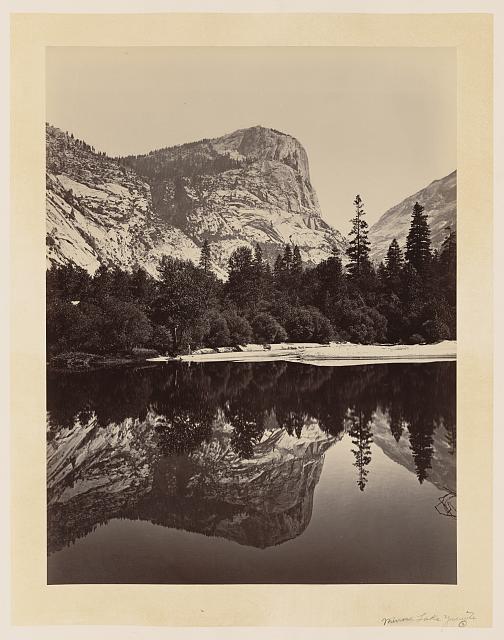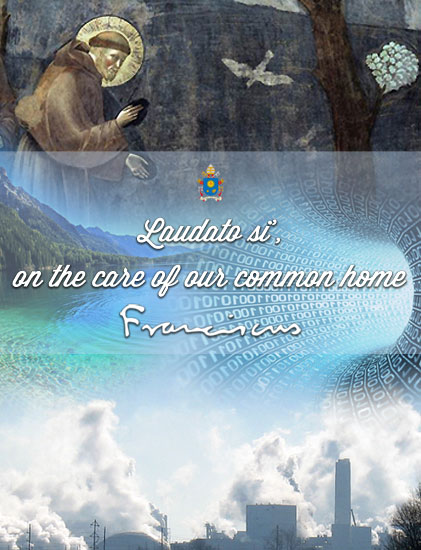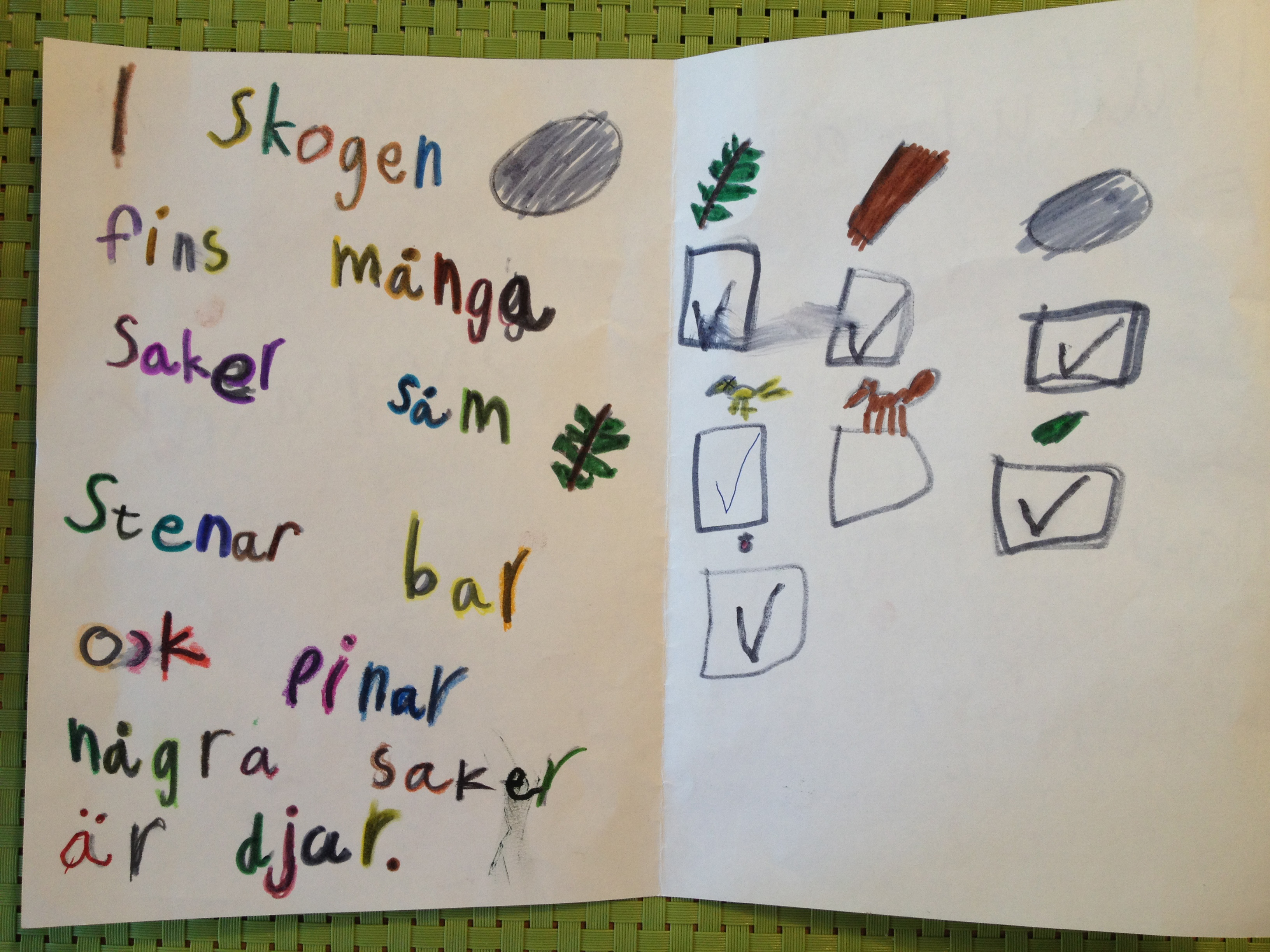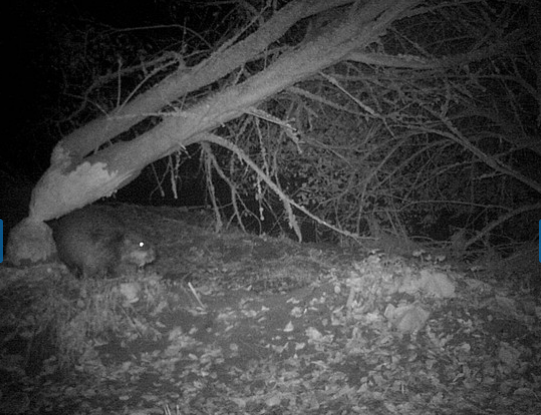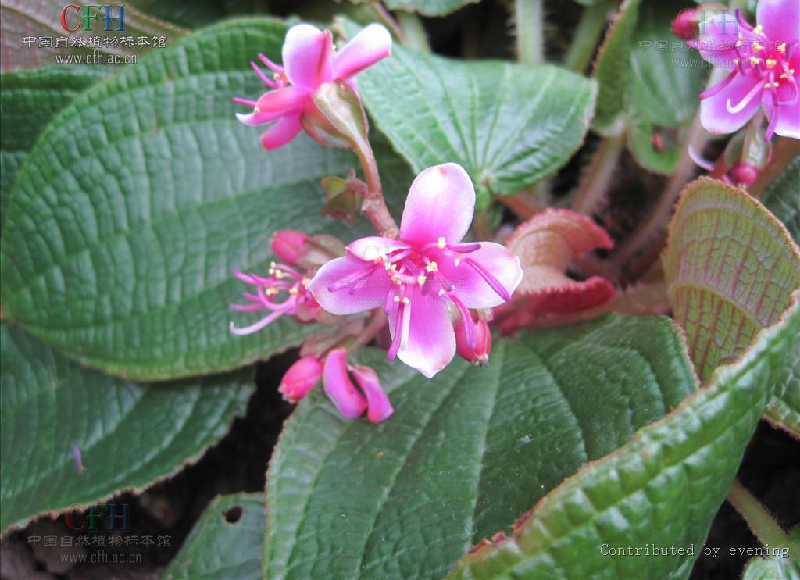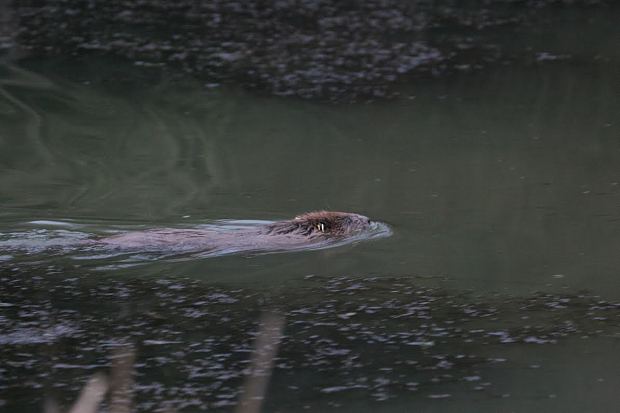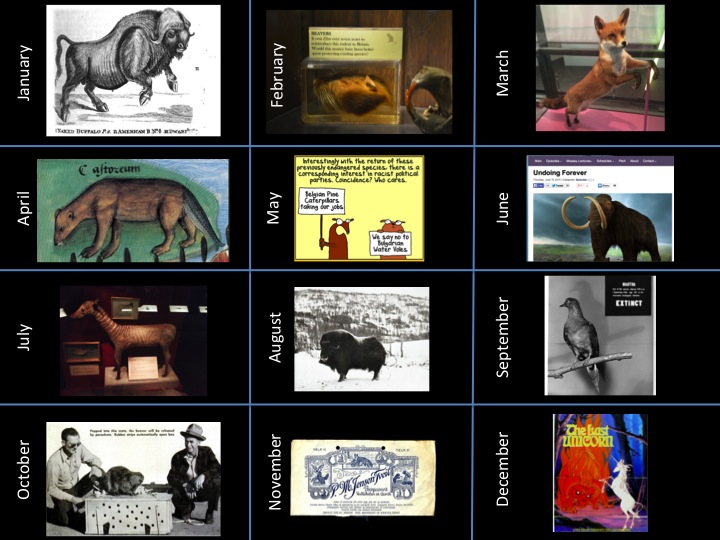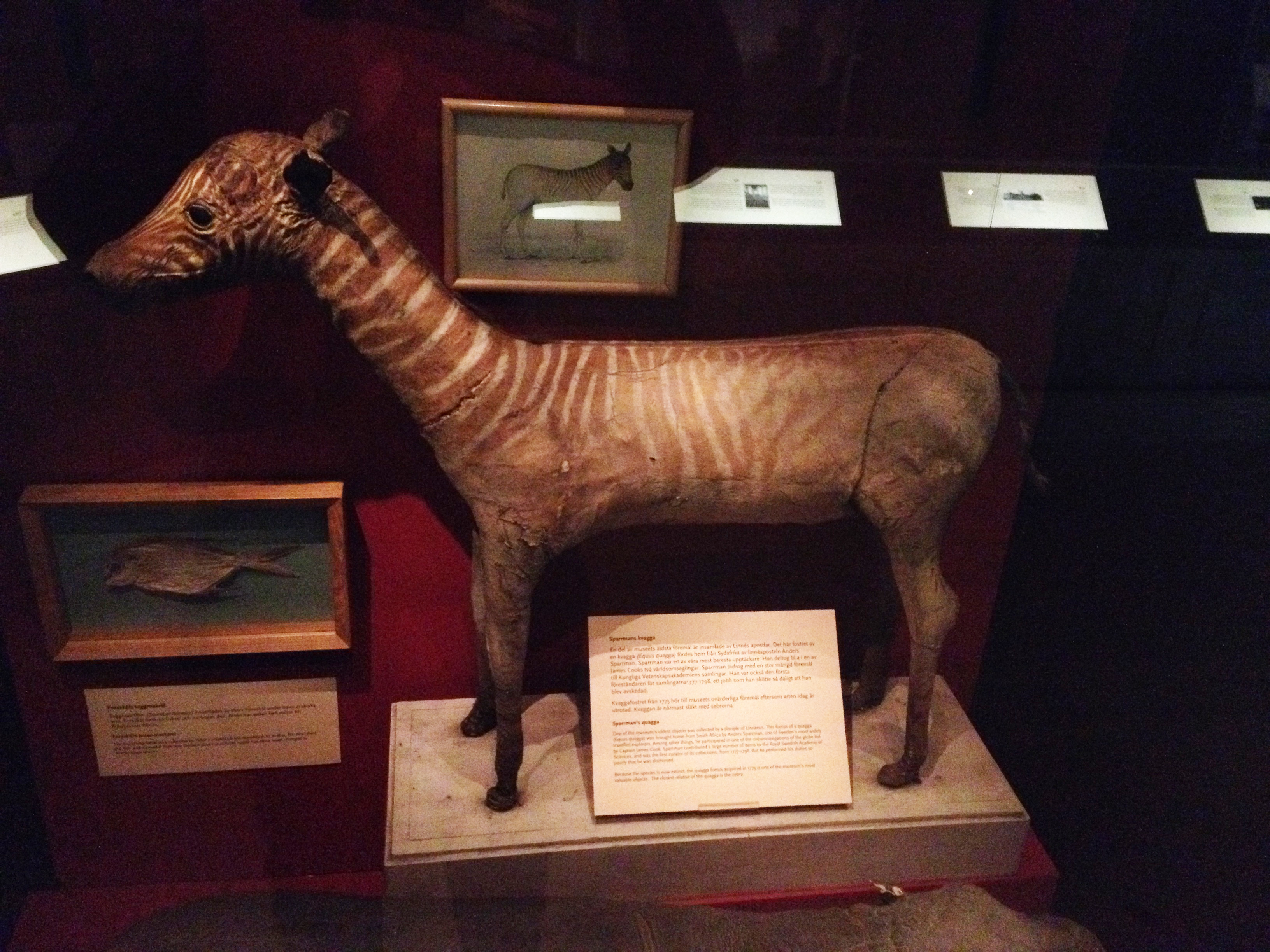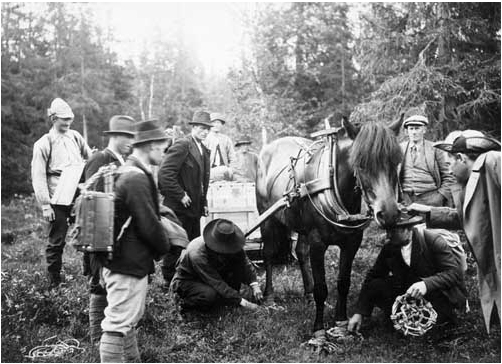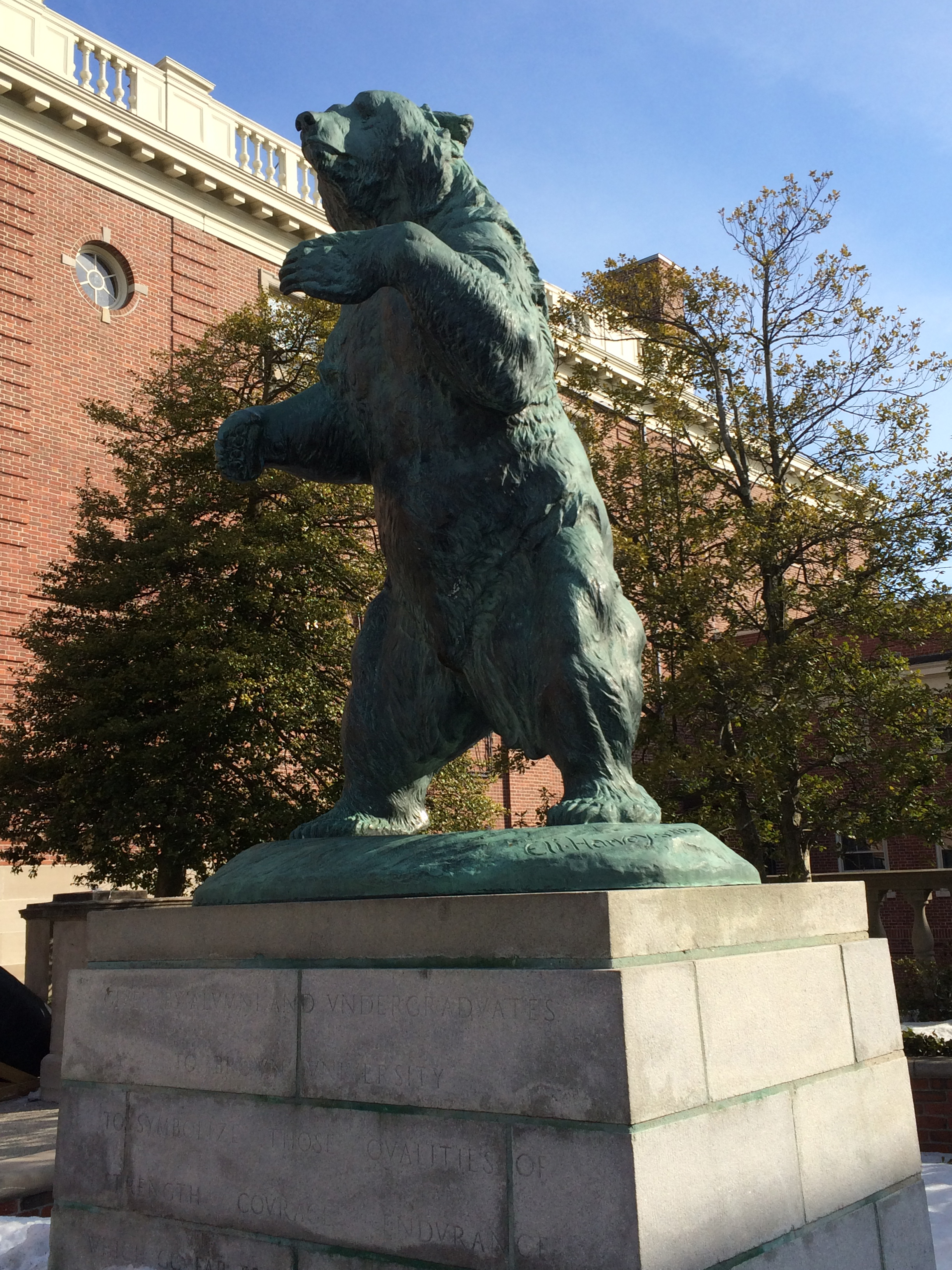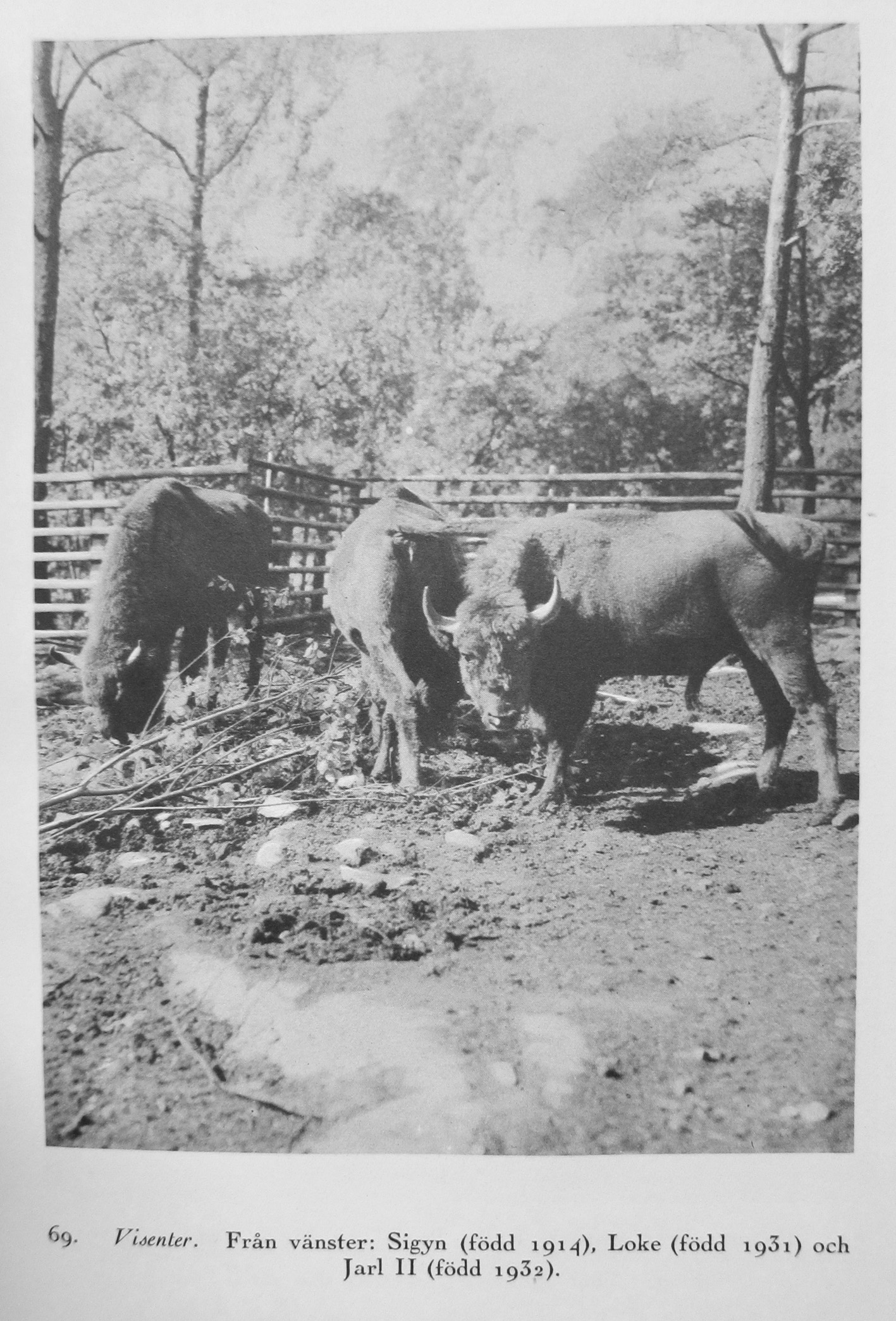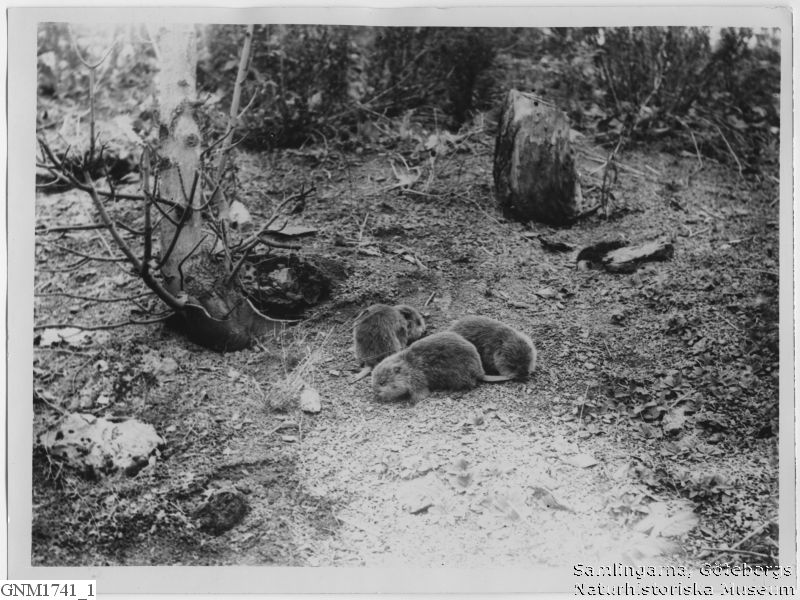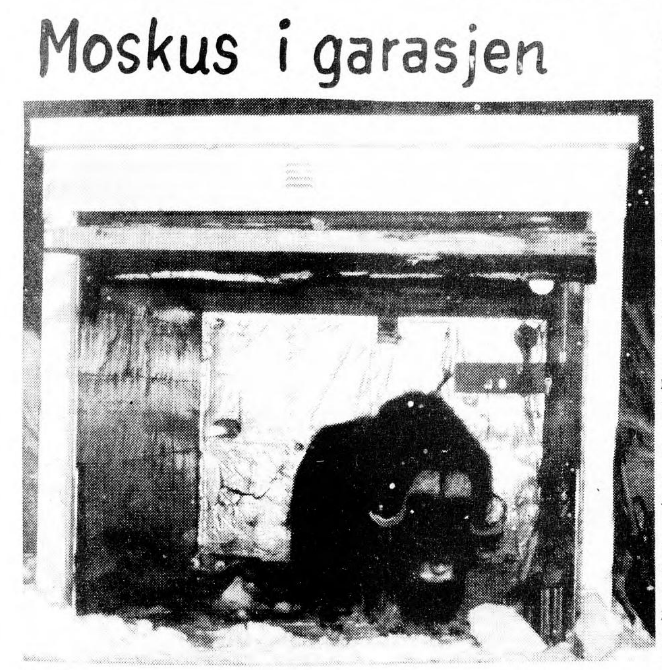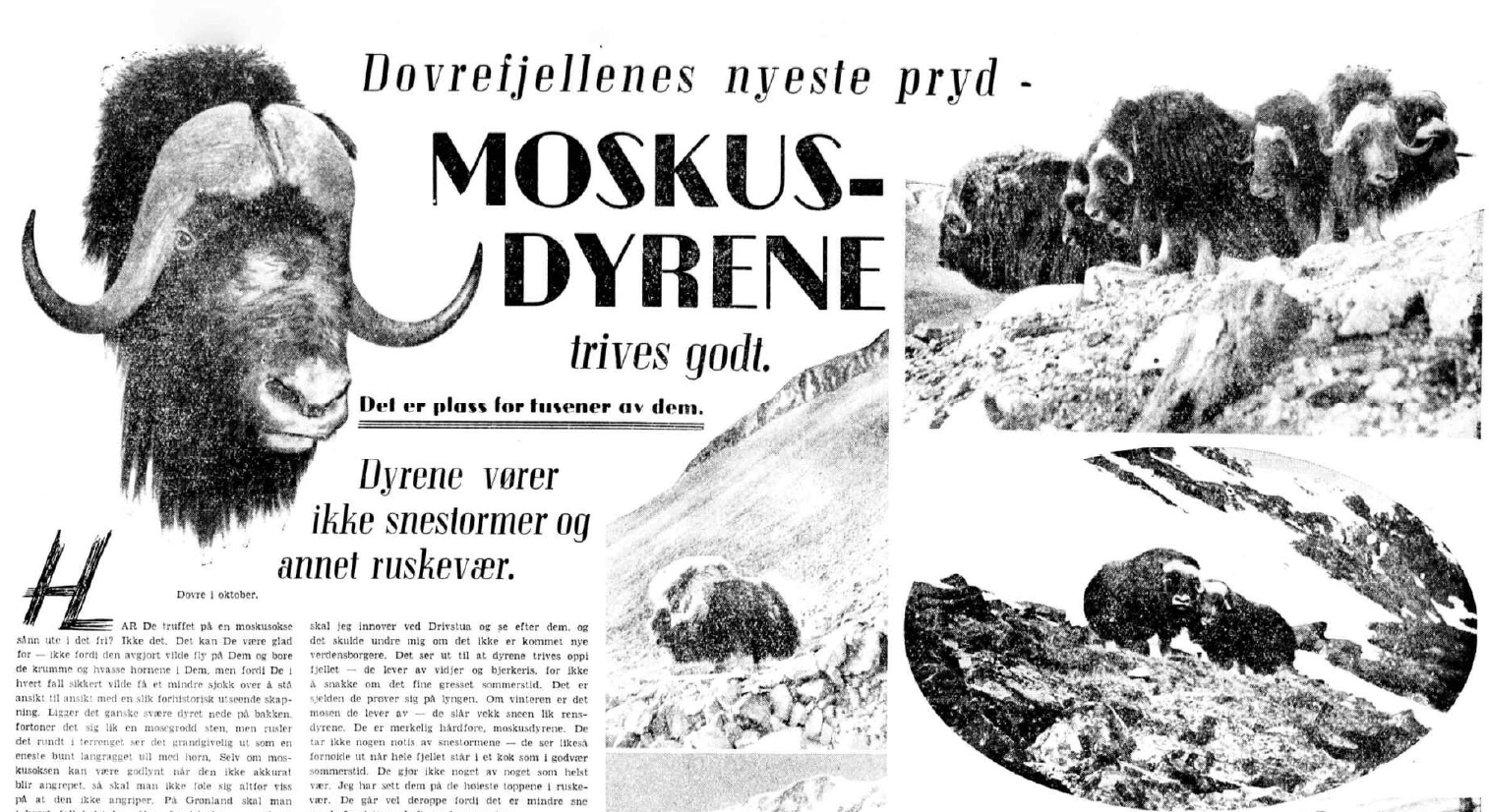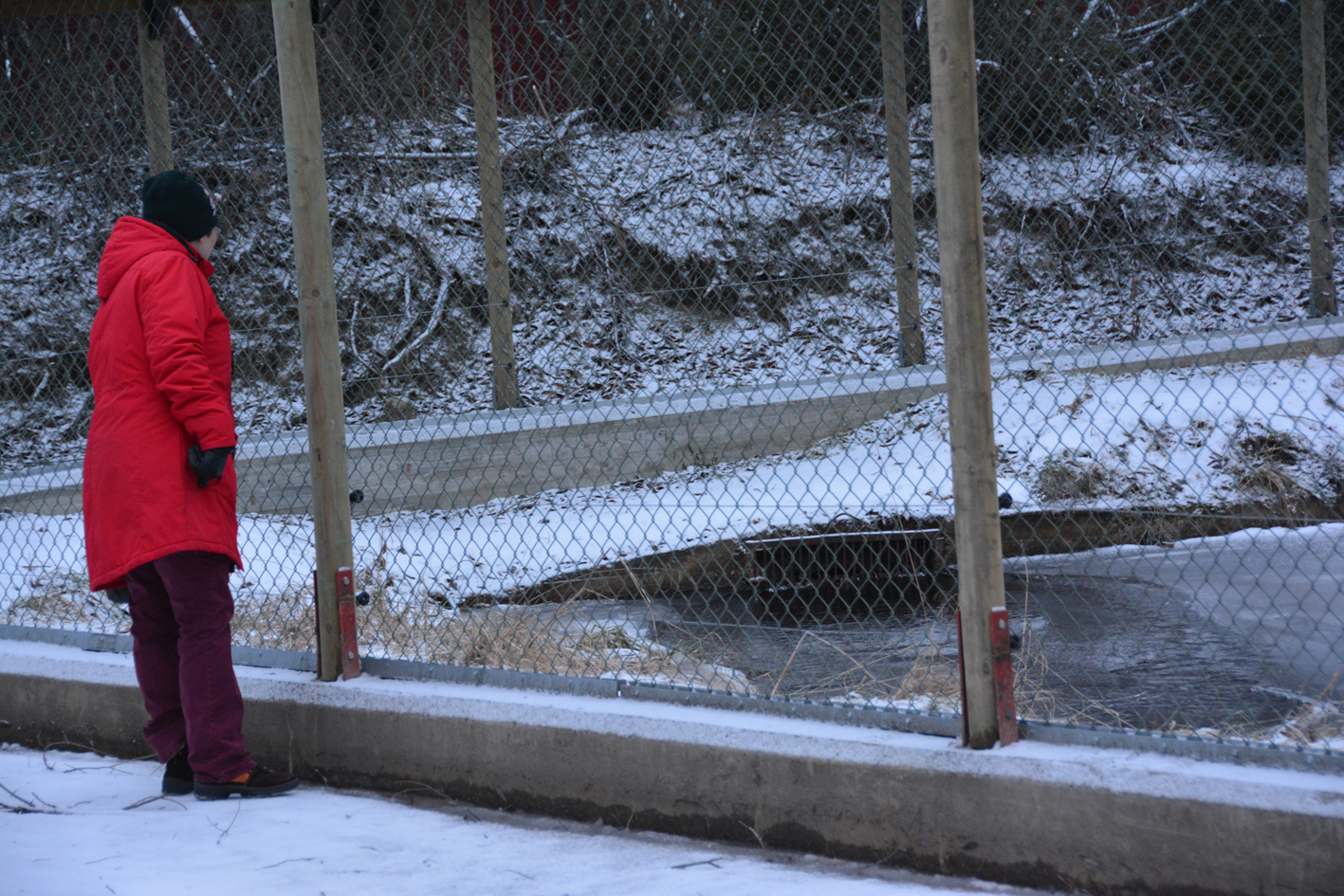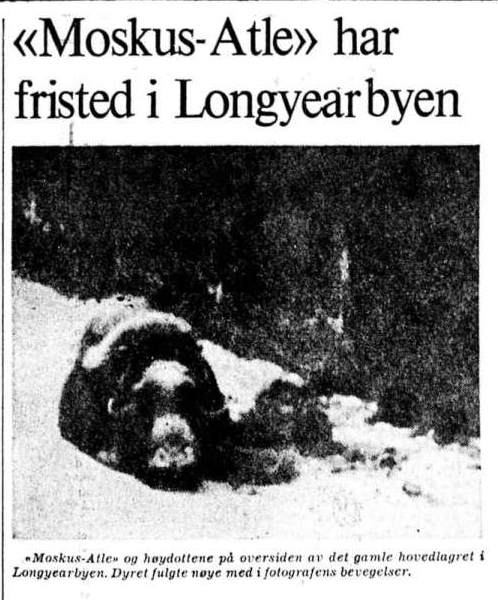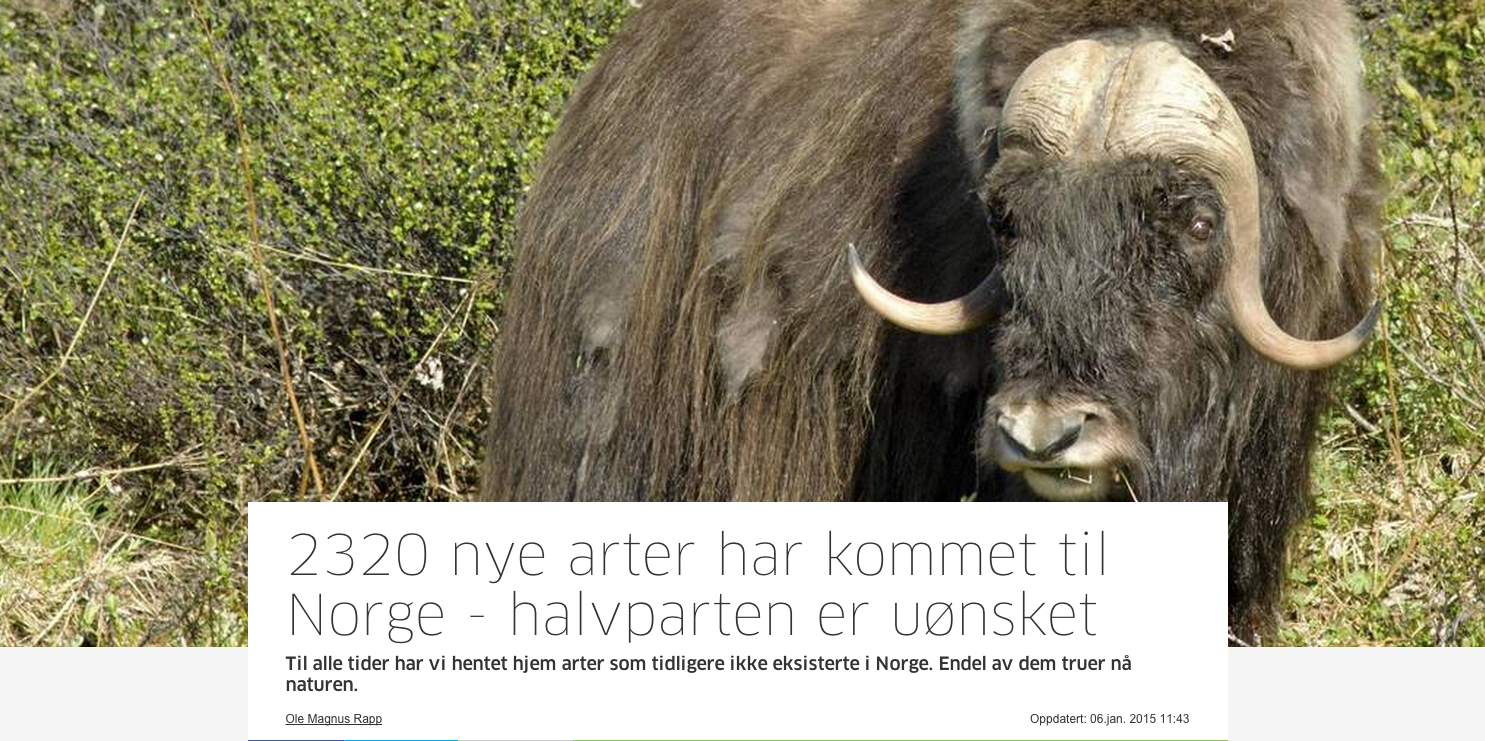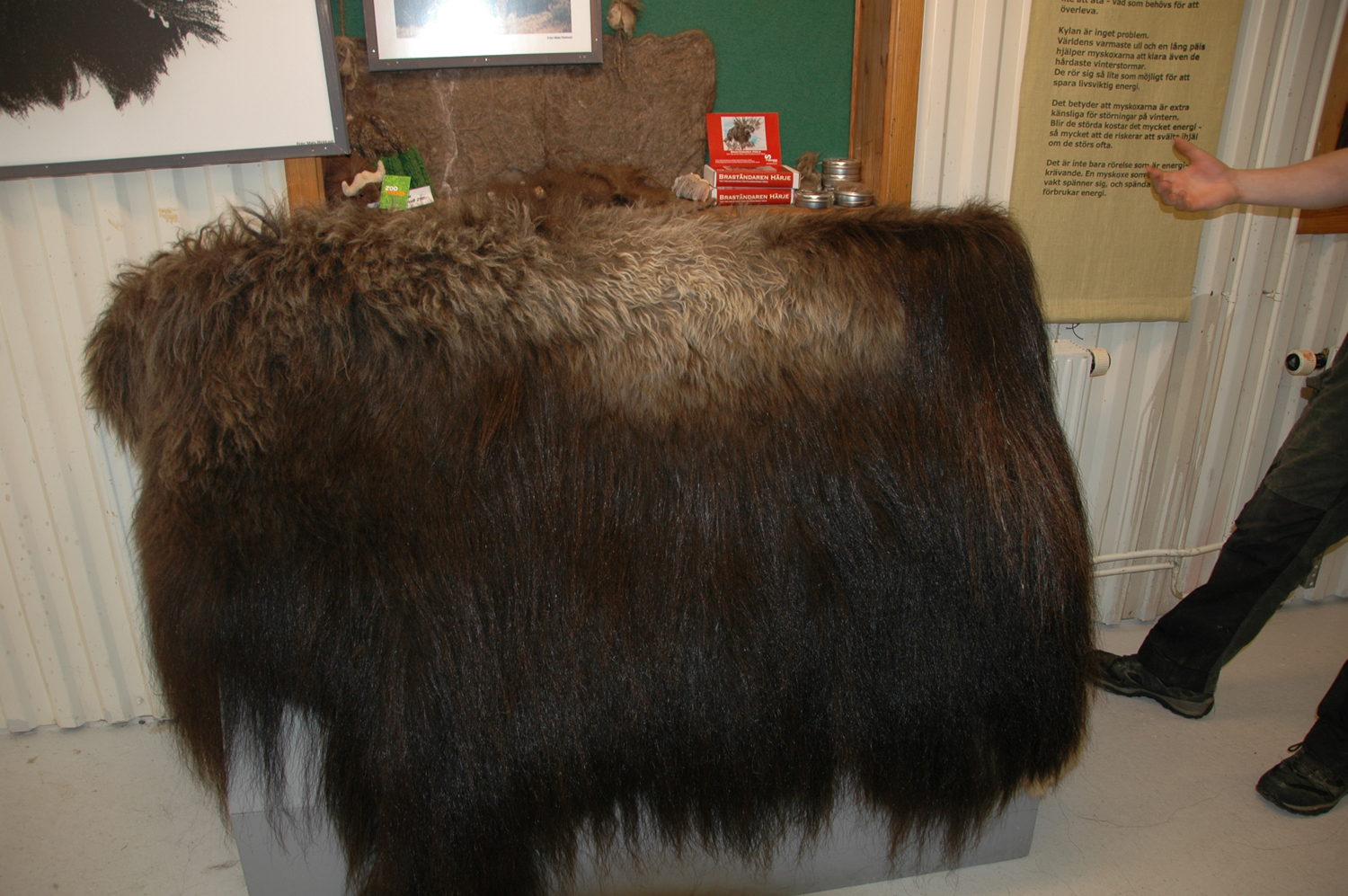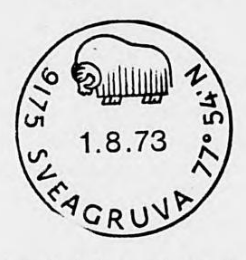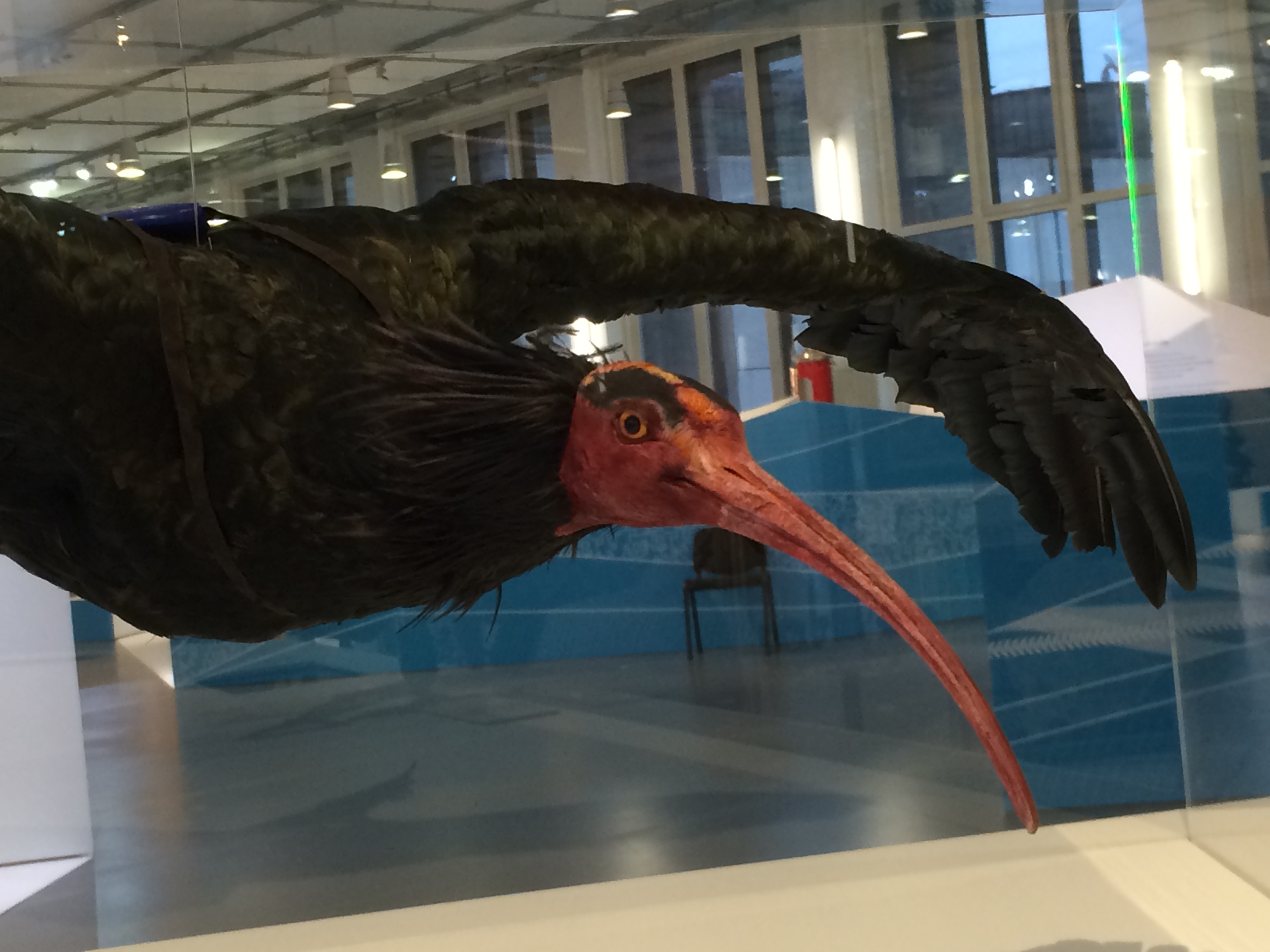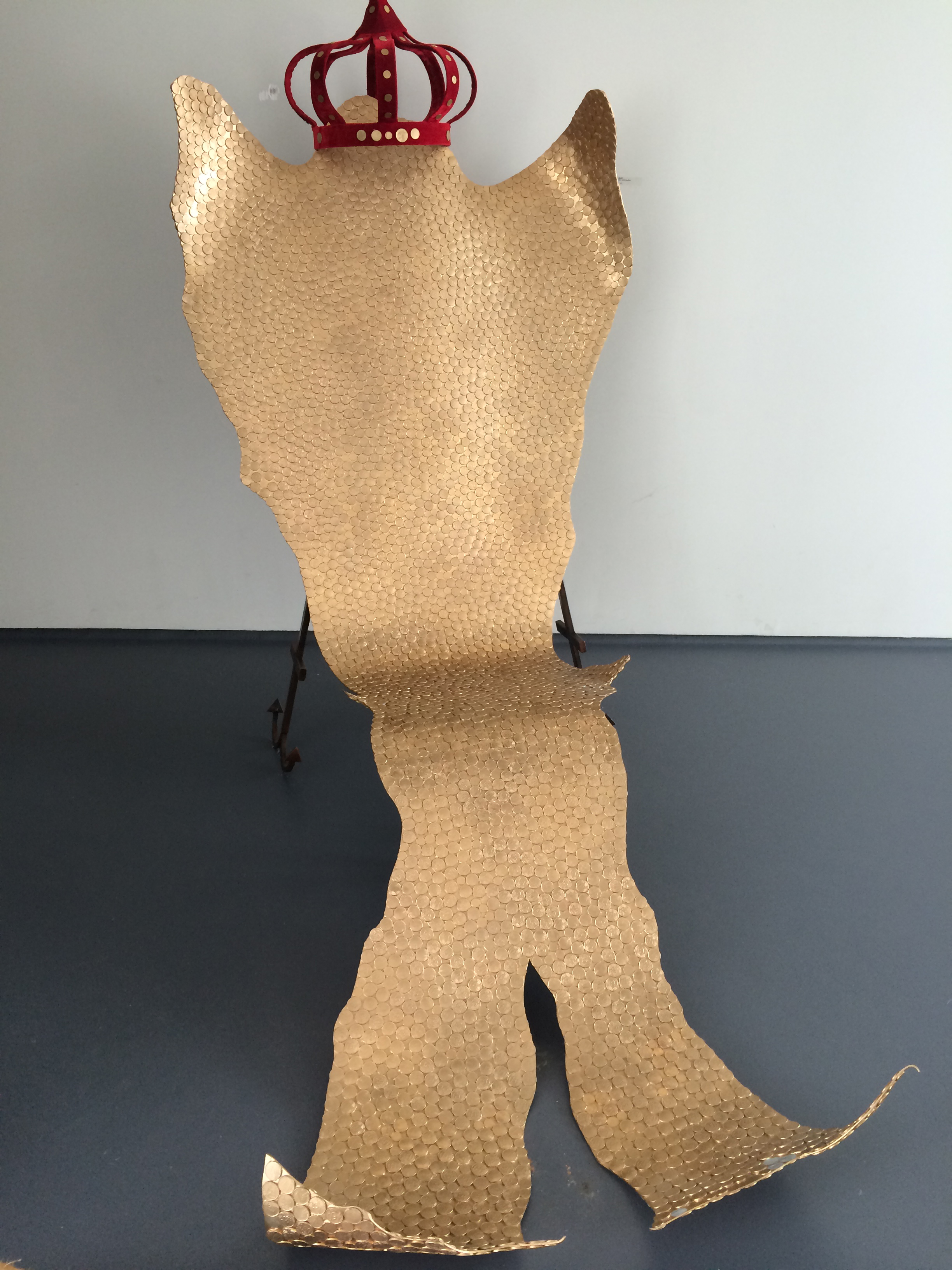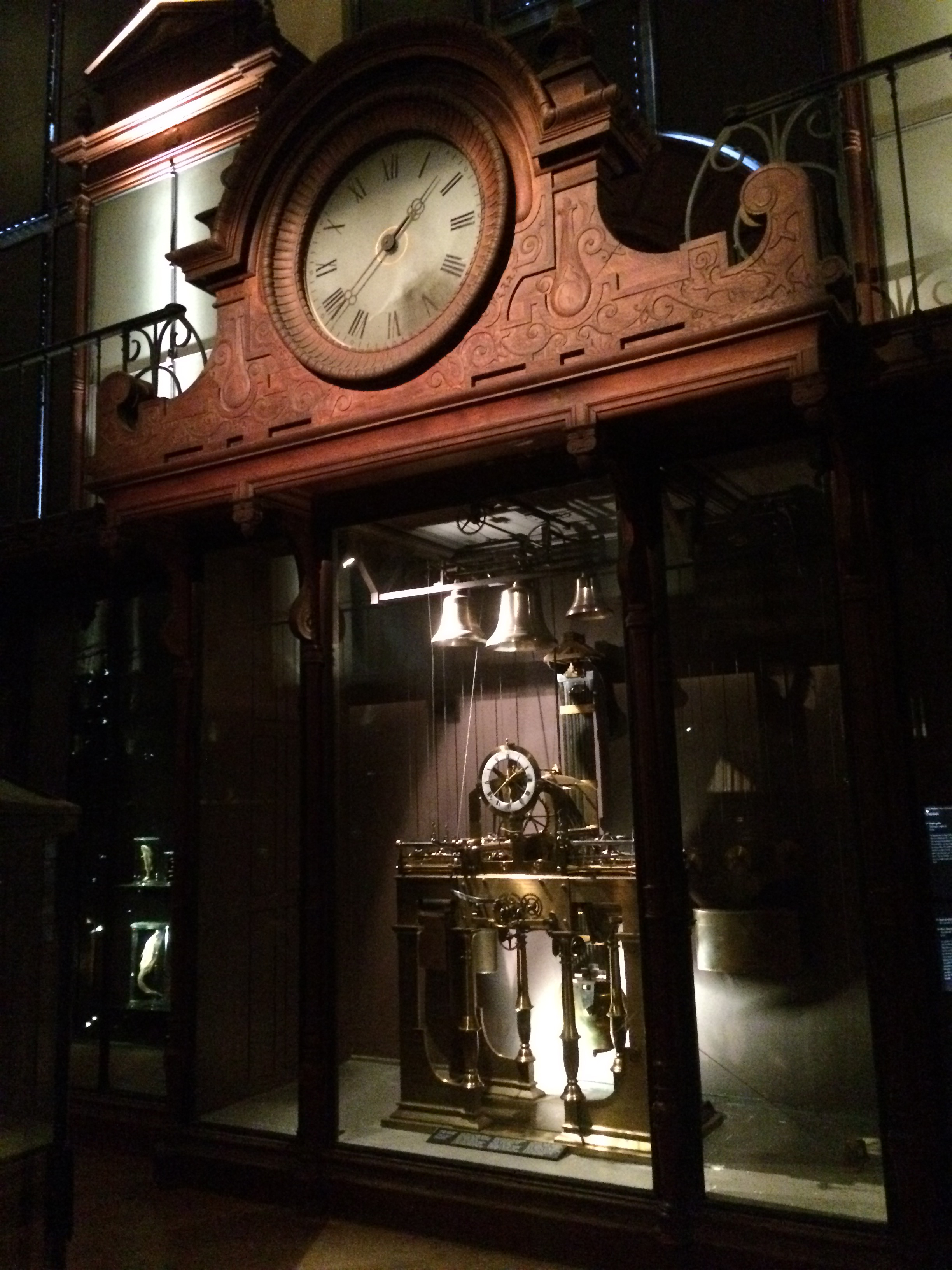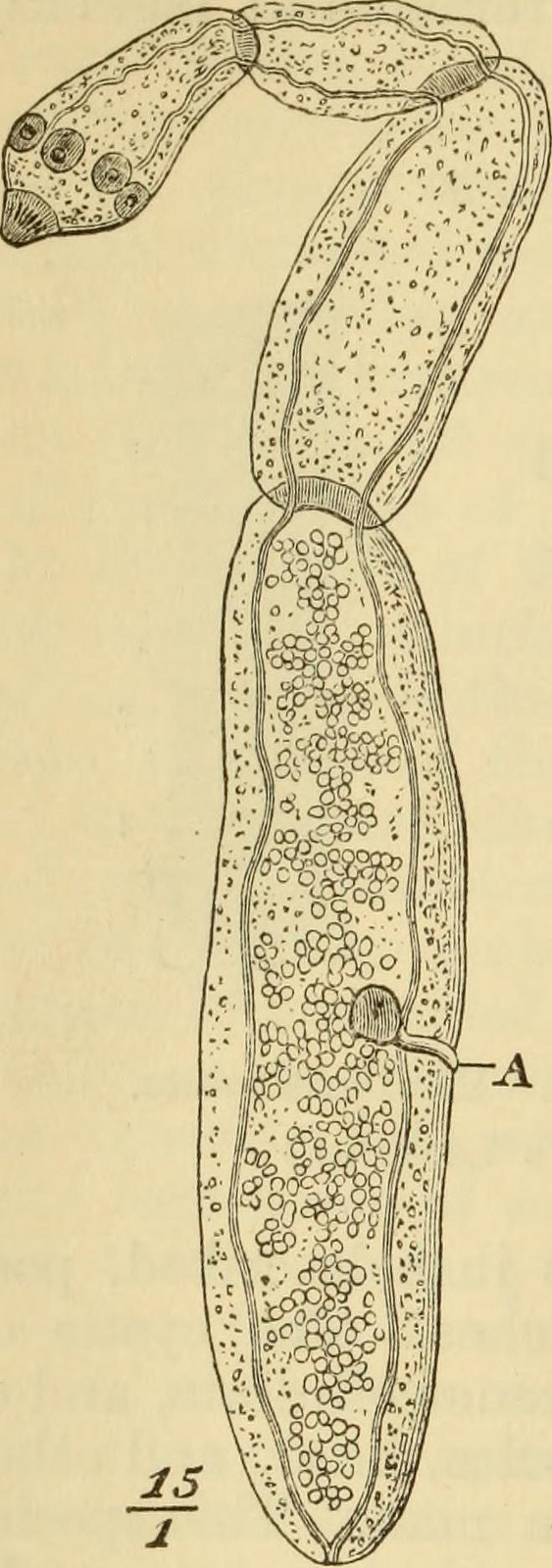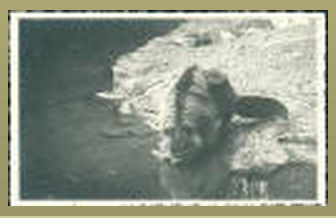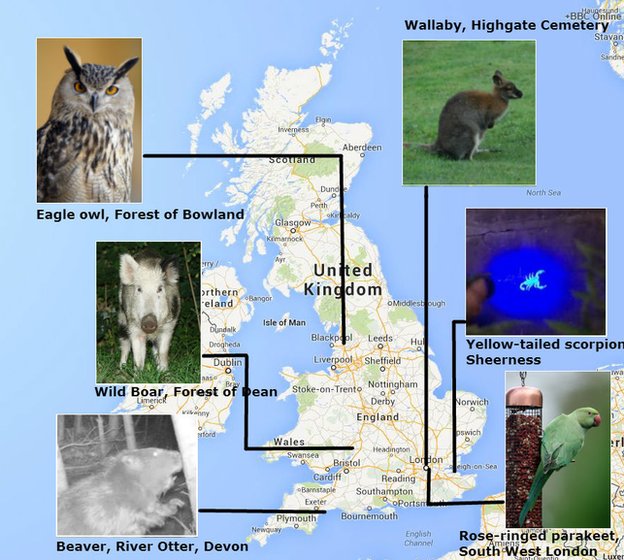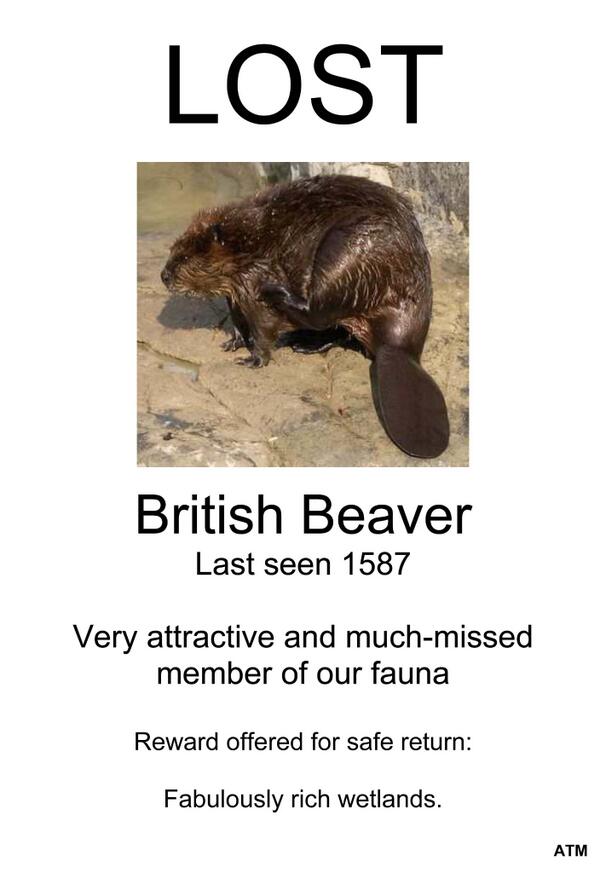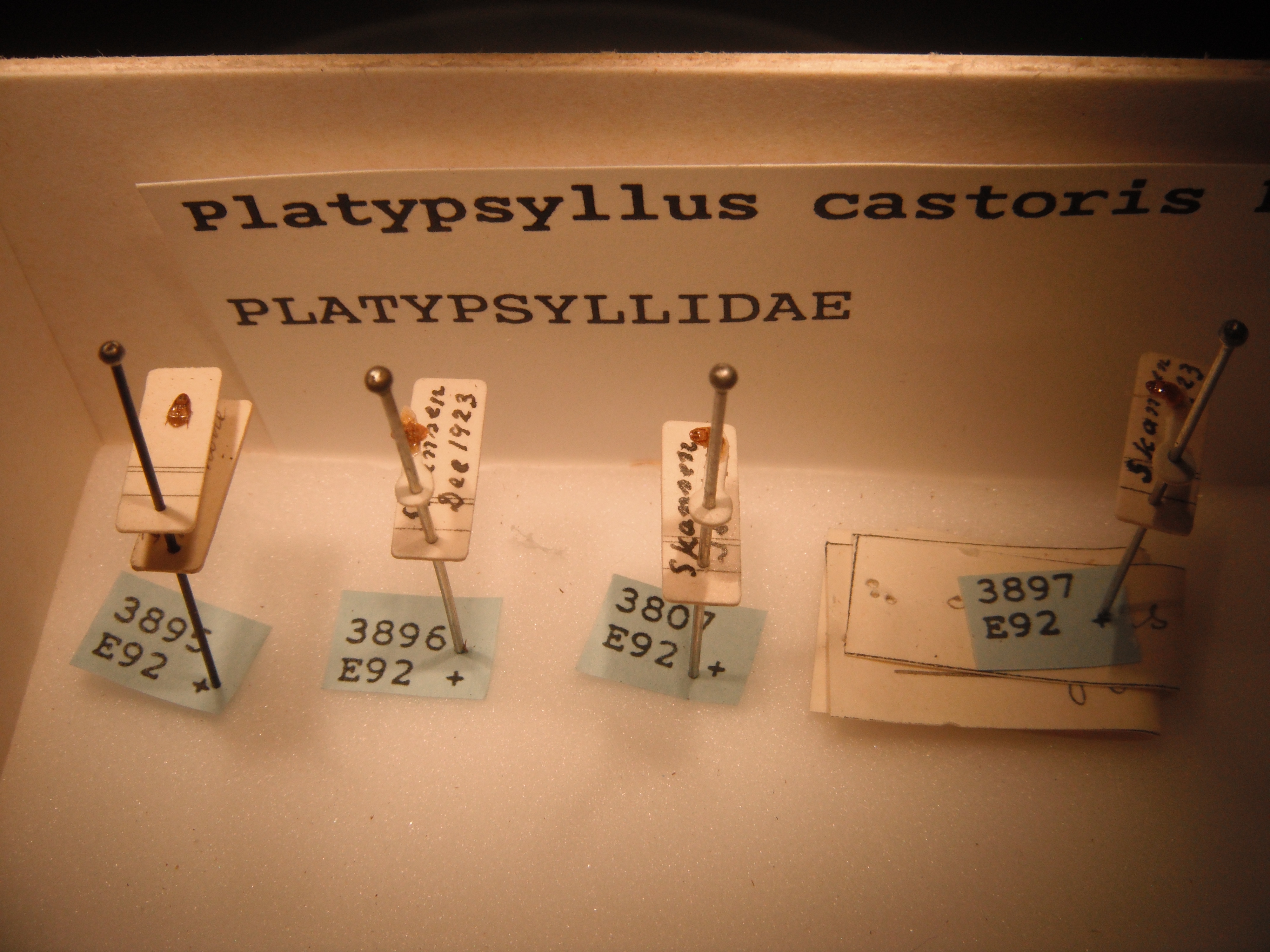news
-
Beaver history on TV
I appeared on the NRK live broadcast television program Sommeråpent on 8 August 2017. The broadcast was at Nelaug train station in Åmli kommune. I’ve has worked on the history of beavers in Norway and Sweden and Åmli holds a special place in that history because all beavers in Scandinavia originate from there. I had the chance on the program to introduce this history, as well as the historical use of beaver products. While I was waiting for the filming to begin, I got to sit with the taxidermied beaver on a picnic bench. I had lots of kids stop by so I got to give mini-talks about beavers and…
-
Unexpected media blitz
Earlier this week the press department at my university published a write-up in Swedish about this project based on an interview with me: Utrotade arters återkomst väcker känslor. The university press contact Sofia Stridsman had seen that I had an article in The Washington Post and wanted to find out more about my research. I thought it was a nice gesture, so I quickly agreed to the interview.
-
Environmental relationships in the Laudato Si´encyclical
Pope Francis published his much anticipated encyclical on the environment, Laudato Si´, last week. Whether or not you are Catholic (I am not), you should read the document because it is an important contemporary statement about the past/present/possible future relationship between humans and the Earth. Although much of the press hype has portrayed the document as a position on climate change, if you take time to read the whole 180 page document (in English), you realise that it is much more an environmental justice manifesto concerned about the intertwined fates of humans and non-humans. As an environmental historian working on extinction, conservation biology, and ideas of belonging, I read the encyclical with…
-
Beavers are back in England
England has now reintroduced its first ‘official’ wild beavers. Video documentation of a beaver colony in Devon in southwestern England had first surfaced in January 2014. Although reports of these beavers had been made since at least 2013, the British authorities could not ignore the new proof of beavers living wild in England. The governmental agencies became concerned that the beavers might pose a risk since the animals had been released there illegally, i.e. no one had gotten a permit for the release and gone through the veterinarian and risk assessment protocols. The early statements by the Department for Environment, Food and Rural Affairs (DEFRA) indicated that there were concerns about the genetic…
-
Strength, Courage, Endurance
On the campus of Brown University in Providence, Rhode Island, where I gave a talk yesterday, there is a statue of a brown bear. It’s hard to miss. The 7-foot tall bronze bear which has weathered to a green patina stands on its hind legs on top of a stone pedestal, towering over onlookers. I took a photo of the whole figure, but when I got closer, I could read the inscription on the base: Given By Alumni And Undergraduates To Brown University To Symbolize Those Qualities Of Strength Courage Endurance Which Go Far To Make Men Invincible MCMXXVIII What struck me as I stared at this bear was that the characteristics…
-
A wolf without sheep’s clothing
A gray wolf which was the first to be seen in the Grand Canyon area of the US since the 1940s is dead. The wolf, nicknamed Echo, had made a long distance journey of about 1200 kilometers from the Yellowstone National Park area to Arizona last year, using its feet to reintroduce wolves to the area. It was killed in Utah, supposedly mistaken by a hunter who thought it was a coyote. The ending of this story is sad but it is unsurprising. While scientists and activists tout reintroduction of large mammals and envision “rewilded” land full of wildlife, people who actually live on or near that land have other opinions.…
-
Short-term thinking
The Norwegian newspaper Aftenposten ran a feature article a couple of weeks ago about alien species with the dramatic, quantitative headline: “2320 nye arter har kommit til Norge — halvparten er uønsket” (2320 new species have come to Norway — half are unwanted). Because the huge image at the top featured a muskox, it caught my eye. The article doesn’t really say much new. It covers the definition of “fremmed art” (alien species), which is defined according to the Norwegian Natural Biodiversity Law (Naturmangfoldloven NOU 2004: 28) as “en organisme som ikke hører til noen art eller bestand som forekommer naturlig på stedet” (an organism which does not belong to a…
-
Welcome to the Anthropocene
On Wednesday, I had a tour of the new exhibit Willkommen im Anthropozän (Welcome to the Anthropocene) at the Deutsches Museum in Munich, Germany. While the validity of the Anthropocene as a geologic time frame has been been debated, few would debate that human impact on the planet is wide and deep. Humans, unlike most other animal species, have the ability to radically transform the environment through technological artefacts (a subject which you can read more about in my recent article “Not by human hands”). Acknowledging the role of technology in the reshaping of Earth, it was fitting that the first large Anthropocene exhibit be hosted in a museum of science and…
-
Fear of disease
The wild beavers living on the River Otter (an ironic name) in Devon, England may get to stay put, but then again, they may not. I’ve been following the developments about these beavers since their presence was confirmed in January 2014. Basically, these beavers were released by someone without a proper permit, possibly even before 2009, and have now established themselves to the extent that they have had kits in the wild. When DEFRA and Natural England, the environmental authority in England, got confirmation of the beavers’ existence, they decided to remove them. Back in May, there were reports that DEFRA would kill (politely termed ‘cull’) the Devon beavers, which raised many…
-
When did beaver become non-native in England?
BBC recently ran an article ‘Aliens among us: What strange species are making England home?’ It starts with some pretty obvious introductions of species from outside of England: terrapins, Aesculapian snakes, and North American skunks, But then it gets interesting. In the section ‘Settling In’, it says ‘dozens of non-native species are already successfully breeding in Britain’ then follows with a bulleted list that includes: – Beavers have started breeding in the River Otter in Devon after being reintroduced. They were a common sight 400 years ago but were hunted to extinction. – Another species doing well after reintroduction is the wild boar – there are thought to be more than 800…
